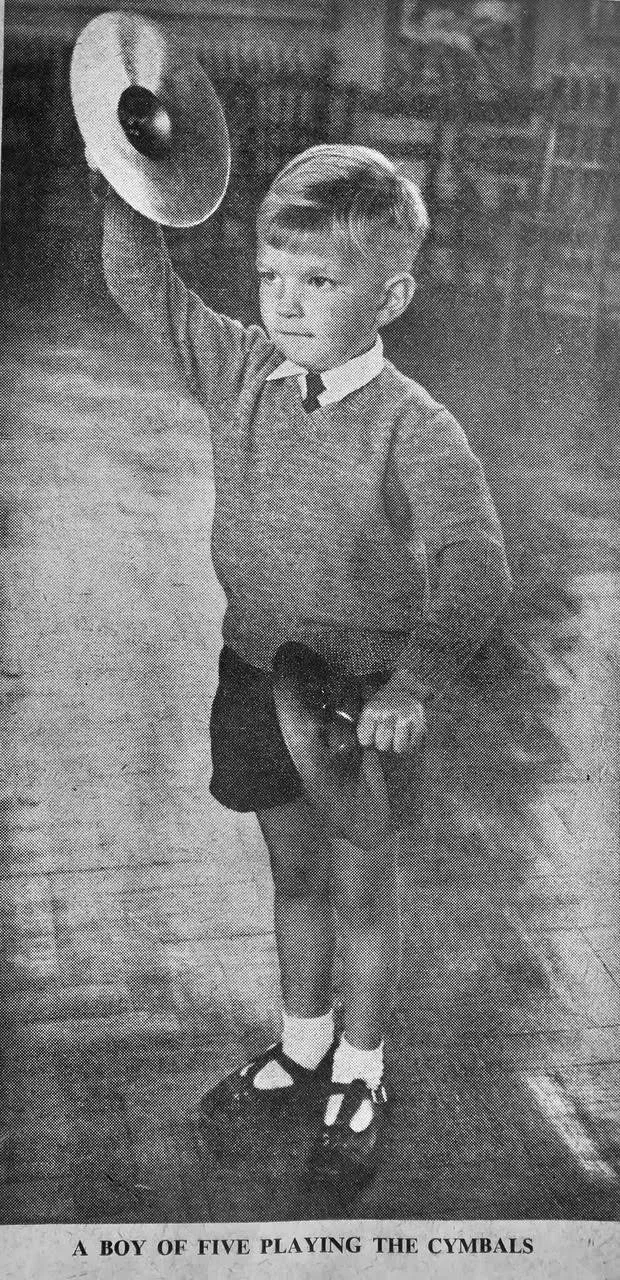Michael White
Once voted Britain’s least boring music critic by listeners to Classic FM – who turned out not to be great fans of critics but made a grudging exception – Michael White studied at Oxford, began writing for the Guardian, and was chief critic at the Independent for ten years. He went on to be a columnist for the Daily Telegraph and contributor the New York Times – with other columns in Opera. Now, BBC Music magazine, and the Catholic Herald. As a radio & TV broadcaster he has presented long-running BBC series like Opera in Action and Best of Three, attempted to explain Wagner’s Ring Cycle in half an hour, introduced the Proms, fronted Cardiff Singer of the World, and made acclaimed documentaries - including Opening the Boxes for Radio 4, about his rediscovery of the hidden life of singer Jennifer Vyvyan. He gives talks and lectures internationally for Glyndebourne, Garsington, the LSO, and festivals like Aldeburgh, Edinburgh and Grafenegg. He leads study days and presents concert broadcasts for Wigmore Hall. And he devised the words and music show about the life of Rachmaninov that he’ll present on Jersey alongside soprano Ilona Domnich and pianist Anna Tilbrook.
Music in Action asked Michael why music matters?
At what age did you start making music and how did you start?
My earliest musical memory is aged about eight, singing Britten’s setting of the 150th psalm at the Festival Hall in London - alongside hoards of other eight year-olds. It can only have been bedlam. But I must have been involved with music before then because I recall a photo of me that appeared in some magazine captioned: ‘A boy of five playing the cymbals’. Otherwise, my music education came from singing in church choirs, the local public library, and Radio 3. All of which left their mark.
What do you enjoy about writing about music and how did the transition happen?
Being a critic isn’t easy (no one thanks you for it) but provides an interesting, often privileged life in proximity with what I love. When people ask how I got into it, I usually say I slept with the right people, but this wasn’t true: I never knew who the right people were. I actually fell into the business by accident, after a false start as a lawyer. I got to know the pianist Geoffrey Parsons who used to invite me round to his house in West Hampstead while he rehearsed with singers - major ones like Jessye Norman who would run through her next Carnegie Hall programme as I sat on Geoffrey’s sofa, and then ask ‘What did you think of that?’. I had to have an answer. I became a critic.
Why does music matter to you?
Nietzsche put it more succinctly than I can. He said: ‘Life without music would be a mistake’. That sums it up.
Miichael Aged 5
What is your favourite place on earth?
Aldeburgh. To walk the seafront on the opening Saturdaymorning of the Festival – flags flying, sun shining, half theBritish music world in residence – is how I’d like every day ofmy life to be.
Who is your favourite composer?
Britten – followed closely by Ravel, Vaughan Williams, Nielsen, Howells, Faure, Sondheim. I’ve got my list ready for Desert Island Discs (should they ever ask…)
What is the future of classical music?
If I knew the answer to that I’d go into consultancy and get rich. It will survive – that’s all I know.
Which historical figure would you choose to have dinner with?
Britten again: I never got the chance to meet him. But meeting heroes is a risky business: they can disappoint.
What can we look forward to from you next?
More of the same I guess. Like everybody else in Lockdown I decided it was time to write a novel, but it hasn’t happened. Yet.
More information about Michael’s concert in Jersey can be found by clicking the button.



